detail profile jos c3 a9 luis garc c3 ada agraz

Riwayat Hidup
José Luis García Agraz (born 16 November 1952) is a Mexican film director.
He was born in Mexico City in 1952.
He studied at the Centro de Estudios Cinematográficos (or CUEC) at UNAM.
His script Los supersabios was turned into an animated feature in 1975.
He was assistant director to José Estrada in Maten al león (1975) and Los indolentes; to Julián Pastor in El esperado amor desesperado (1975) and La casta divina (1976); to Gonzalo Martínez in Del otro lado del puente (1977), and to Arturo Ripstein in La viuda negra (1977) and Cadena perpetua (1978).
His first short film Háblame de Rita (1979), which he also wrote, was shown at the International Documentary and Short Film Festival in Bilbao.
His second short Patricio (1982) received an Ariel award.
It was also selected for the Festival Internacional de Nuevo Cine in Havana and once again the Bilbao short film festival.
His other shorts include Saxofón (1987), Solamente una vez (1988), Ladrón de sábado (1990) and El último tren (1996).
Along with Fernando Cámara, Toño Betancourt, Nerio Barbieris and Marcelo Llacarino, Agraz founded the film cooperative Kinam to realize his debut feature Nocaut, which he also wrote.
Nocaut won the Ariel for best debut film.
It also won the Heraldo and the Diosa de Plata awards.
The film was shown at film festivals in Amiens, Madrid and New York City among others.
Agraz followed up with a number of features, notable among which are Sueños de oro / Dreams of gold (a co-production between México and the USA, 1984); La paloma azul (a Japanese-Mexican co-production, 1989); and Desiertos mares (1993), which won him the best director prize at the Ariel awards in 1994.
He repeated the feat in 2004 with El Misterio del Trinidad.
Info Pribadi
Peran Yang Di Mainkan José Luis García Agraz
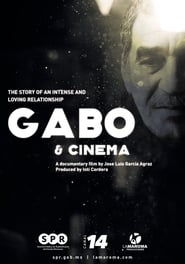 It is said that Nobel Prize...
It is said that Nobel Prize...Gabo & Cinema 2016
It is said that Nobel Prize winner Gabriel Garcia Marquez never allowed for a film adaptation of his singular masterpiece 'One Hundred Years of Solitude', arguably the most influential novel in any language of the second half of the twentieth century, to be produced. However, the prolific Colombian writer had strong ties to the movies.
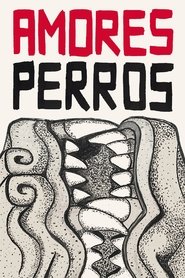 A fatalistic car crash in Mexico...
A fatalistic car crash in Mexico...Amores Perros 2000
A fatalistic car crash in Mexico city sets off a chain of events in the lives of three people: a supermodel, a young man wanting to run off with his sister-in-law, and a homeless man. Their lives are catapulted into unforeseen situations instigated by the seemingly inconsequential destiny of a dog.
 In this remake of the 40s...
In this remake of the 40s...Salón México 1996
In this remake of the 40's classic, two lovers murder each other, leading to an investigation and the closing of the Saln Mxico, a famous place where people used to go to dance before WWII. The police investigation leads to several flashbacks about the life and death of a low-life dancer named Mercedes (Maria Rojo) and her lover.
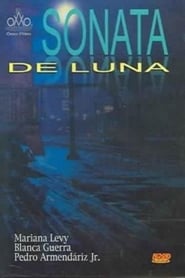 A highstrung love triangle of mystery...
A highstrung love triangle of mystery...Sonata de luna 1992
A high-strung love triangle of mystery and suspense arises between Julia, a beautiful and ambitious woman who, helped by Raúl, her lover, kill her husband.
 Pop singer Lu whos touring Central...
Pop singer Lu whos touring Central...Treasure of the Moon Goddess 1987
Pop singer Lu, who's touring Central America, her sleazy manager Harold, a rugged boat captain and their guide, Sam, and Sam's girl Brandy, are targeted by a gang and a local tribe over Lu's resemblance to the natives' moon goddess.
 Rodrigo Zaracho once a promising boxer...
Rodrigo Zaracho once a promising boxer...Knock Out 1984
Rodrigo Zaracho, once a promising boxer, is in decline. While fleeing from a gang that is chasing him, he remembers his past.
 The strange relation between two brothers
The strange relation between two brothers Compilation tape of Hora Marcada episodes
Compilation tape of Hora Marcada episodes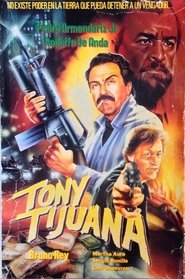
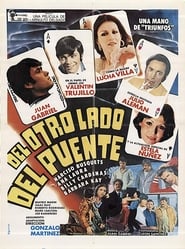
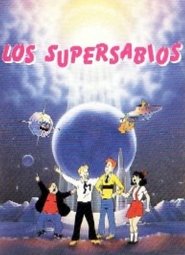 Paco Pepe and Panza are three...
Paco Pepe and Panza are three...